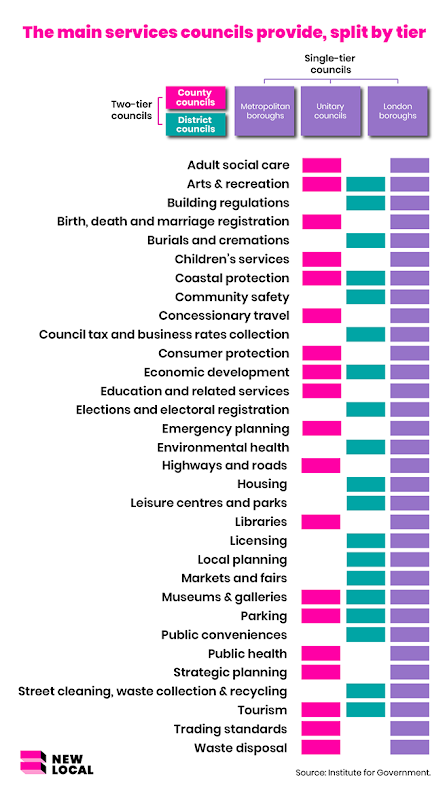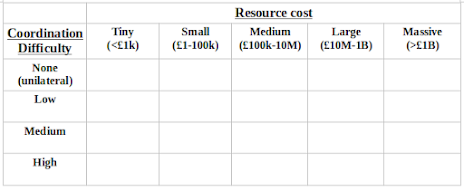The Ones Who Said "No Thank You, We'll Fix It Ourselves"
Let me show you my world. Come, walk with me through the streets and houses of my city. Where would you like to start? Outside in, from the city to the neighborhoods to homes to individual relationships? As good a place to start as any, for sure. My city is very much typical of my world, it’s a pretty good snapshot of society here. I guess you could give us points for environmental friendliness. We’ve got infrastructure going for us at least. The rivers are clean, the houses solar powered, the transport efficient, and we haven’t driven too many species extinct in providing for our needs. Go us. Sorry if that sounds sarcastic; we really are doing a lot better than we used to. As far as my societies impact on the rest of the world is concerned… I mean, no place is a utopia, but we’re not trashing the rest of the planet. Well, not anymore. Nowhere near as much as we used to. Now, inside society… where shall we start? Which neighbourhoods? I suppose we can get the bad neighb...

